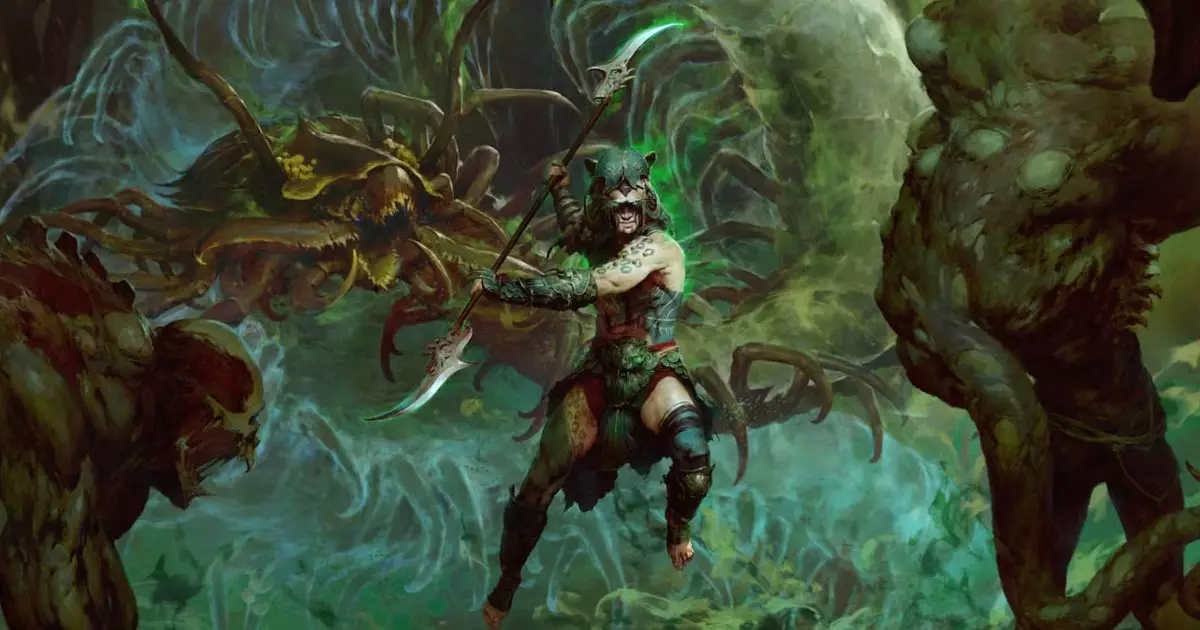The world of Action Role-Playing Games (ARPGs) often finds itself in a semantic maze, bogged down by overlapping definitions and diverging interpretations. At the forefront of this confusion are well-known titles like Diablo 4 and Path of Exile, which are distinctly categorized as ARPGs. However, one could also argue that games in the Zelda franchise belong to the same genre while fostering a separate classification. What does this mean for gamers and developers alike? Let’s navigate this intricate web and explore the implications of genre labeling in the gaming industry.
At its core, the Action RPG genre encapsulates two critical elements: action gameplay dynamics and robust role-playing mechanics. The conundrum arises from the flexibility of the genre’s definition. While many players quickly identify titles like Diablo 4 as quintessential ARPGs, others may categorize Legend of Zelda games similarly, highlighting an expansive interpretation of what constitutes action-driven role-play. This dichotomy can stifle conversations about the genre, leading to debates about the legitimacy of various games under the same umbrella.
From a developer’s standpoint, this ambiguity leads to difficult marketing decisions and potential identity crises for new releases. If every game can meet the vague requirements of an ARPG, how do gaming companies distinguish themselves from one another? It isn’t simply about what gameplay elements are included; it’s also about crafting a unique narrative that resonates with a target audience.
The recent remarks made by Diablo’s Rod Fergusson about labeling games as “Diablo-likes” rather than lumping them under the ARPG label only add fuel to the fire. While his proposal could streamline discussions about similar gameplay experiences, it might unintentionally box in creativity. The notion that a game derived from the Diablo mold might be of “lesser quality” brings forth a pressing concern—are we, as gamers, limiting our expectations of innovation by clinging to established franchises?
Fergusson’s comments sparked a wave of enthusiasm and critique across social media platforms, illustrating the fervor within the gaming community. On one side, enthusiasts felt a sense of validation, placing the iconic series in a predestined role as the progenitor of an influential genre. Conversely, detractors argued that overidentifying with Diablo may overshadow emerging titles that deserve recognition on their own merits.
As discussions around ARPG classifications continue to unfold, perhaps the key lies in a more nuanced understanding of genre. Instead of rigidly adhering to traditional labels, the gaming world may benefit from embracing a more fluid interpretation of what constitutes action RPGs and their derivatives. Recognizing that genre labels can serve as touchstones rather than strict classifications allows for greater freedom in both game design and player experience.
Moreover, clarity in genre definitions can propel developers to explore new territories and bring fresh perspectives into the gaming realm. If we free ourselves from the constraints of rigid terminology, creativity may flourish, resulting in a broader array of experiences that do justice to the spirit of both action and role-playing games. Ultimately, the journey through the tangled landscape of ARPGs can lead not only to a better understanding of existing games but also to the discovery of innovative experiences that defy classification.


Leave a Reply